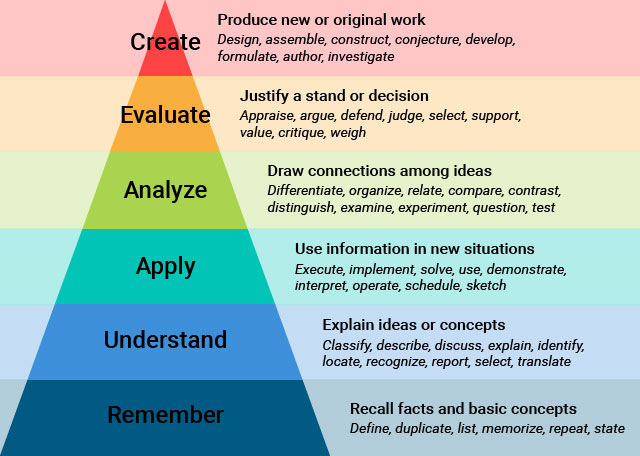After a concussion, you may have problems with memory, concentration, and attention. You may also find that it takes longer to collect your thoughts and express yourself. These are common thinking problems after a concussion. They can be hard to deal with, but these problems usually get better with time.
Here are some tips to help you deal with thinking problems as you recover:
- Try to reduce distractions when you need to concentrate. For example, turn off the TV when you are trying to read, or ask your children not to interrupt while you are making dinner.
-
Do one thing at a time.
-
Give yourself extra time to do things. Work for short periods and take breaks. When you really need to concentrate on a task, pick a time to do it when you tend to have the most energy. Learn more about the 3 P’s: planning, pacing, and prioritization.
-
Stay away from or limit the time you spend in noisy, busy places. Try using earplugs when you’re in a noisy place. And organize your workspace for less clutter and distractions. This will help you focus.
-
Make eye contact when you talk to people. This will help you stay focused on the conversation. Repeat back what was said or ask the person to repeat anything you missed.
-
Change how you read. Try reading out loud and only for short periods of time, if reading is hard to do.
-
Use reminders. If you are forgetful, write important information in a notebook, calendar, or organizer, or use the voice recorder on your phone. You can also send yourself a voicemail or an email to use as reminders. Use a watch or cell phone app to program reminders for things such as appointments, when to take medicine, and people to call. Use lists for shopping.
-
Keep things you use every day in the same place. Leave things like your car keys, cell phone, wallet or purse, and day timer in the same place.
-
Use cues or prompts to bring your attention back to a task. For example, use an egg timer or the microwave timer when cooking or doing laundry. Use sticky notes around the house to remind you to check things like the locks, the stove, or the iron before you leave.
-
Use appliances, like a kettle or iron, that have automatic shut off.
-
Write a list of what you need to do. Then plan a schedule for the day, week and month at home and at work. Review your list and your schedule every morning and update it as you go.
-
Break bigger tasks down into smaller steps before you start.
-
Plan for your daily activities. For example, if you have a medical appointment, write down your questions so you do not forget what you need to know. If you are driving somewhere new, use a GPS to get there, or use a map to plan out the route you will take. Have the address and a contact number with you, and review the directions before you leave.
-
Do not make important decisions too quickly. Take the time to think about it, and talk about it with someone you trust before deciding.
-
Count to 10 before you act on anything. Make sure you are safe and using good judgment.
-
Be patient and have realistic expectations of yourself.
It takes time and practice to use these techniques well. But once they become habit, they will be very helpful in managing your thinking difficulties while you are recovering.
Other symptoms like headaches, poor sleep, dizziness, fatigue, low mood and stress affect your thinking. Often, these other symptoms are causing your thinking problems. It is very important to get a good, restful sleep at night and take breaks and rest during your day. As these symptoms settle down, you will find that your thinking problems also settle down.

Write it down! Print off the “Strategies to Try” Journal. Try 3 ideas in the next week and see if your concentration gets better.
